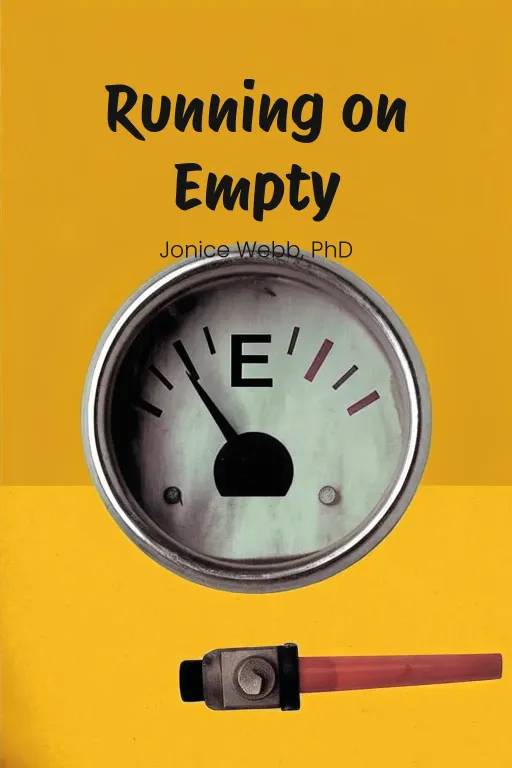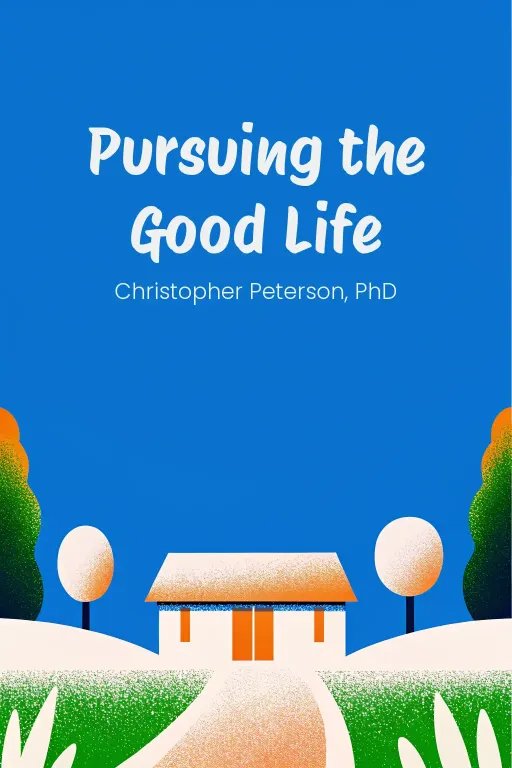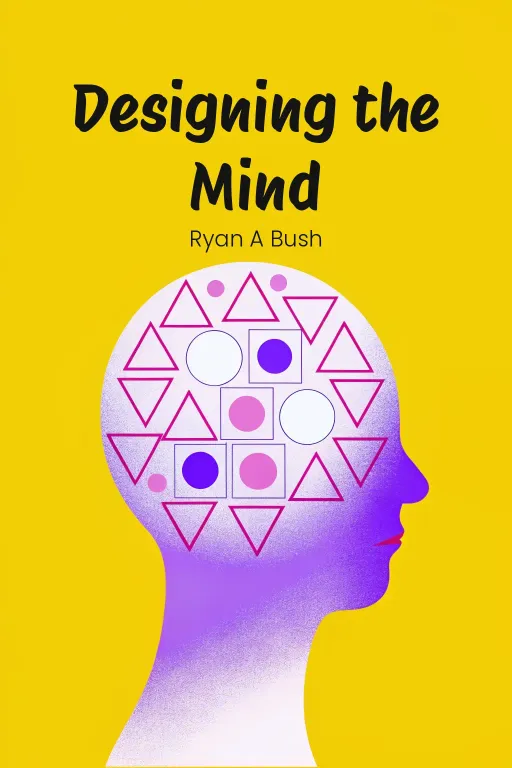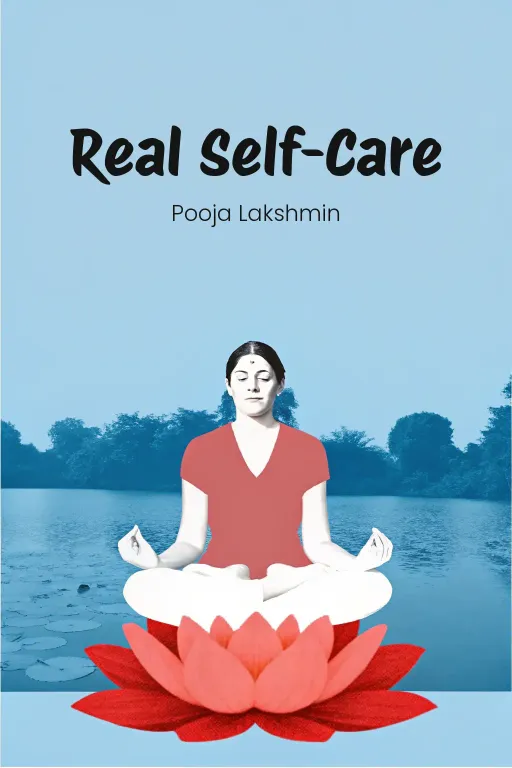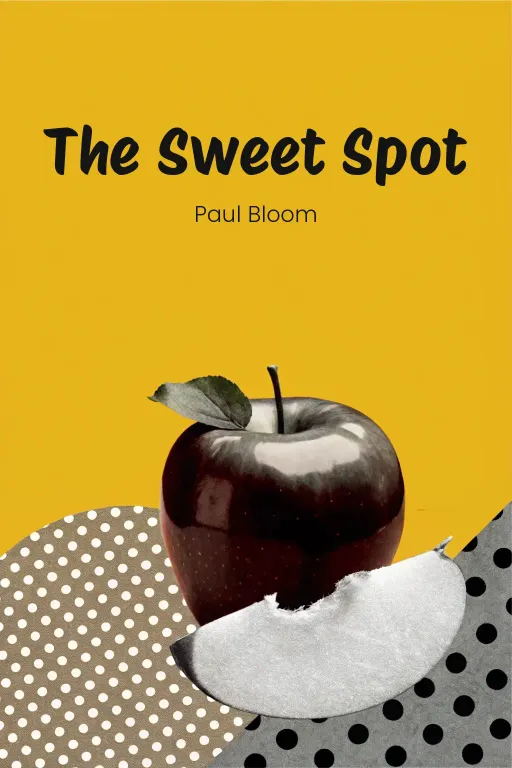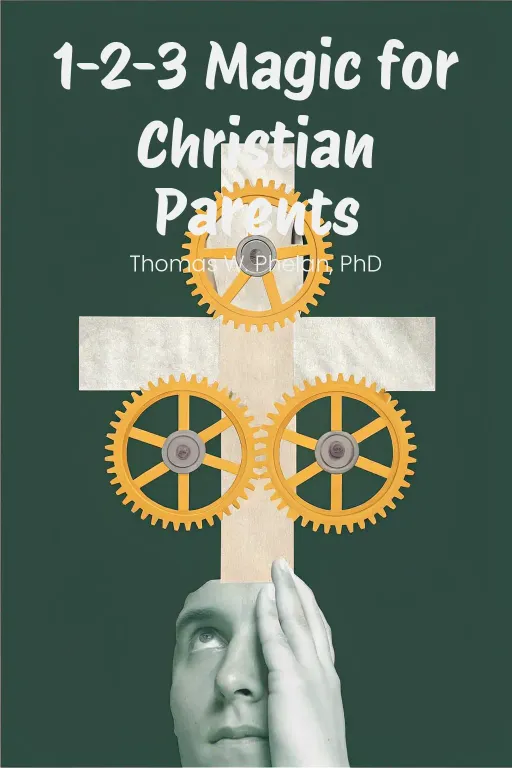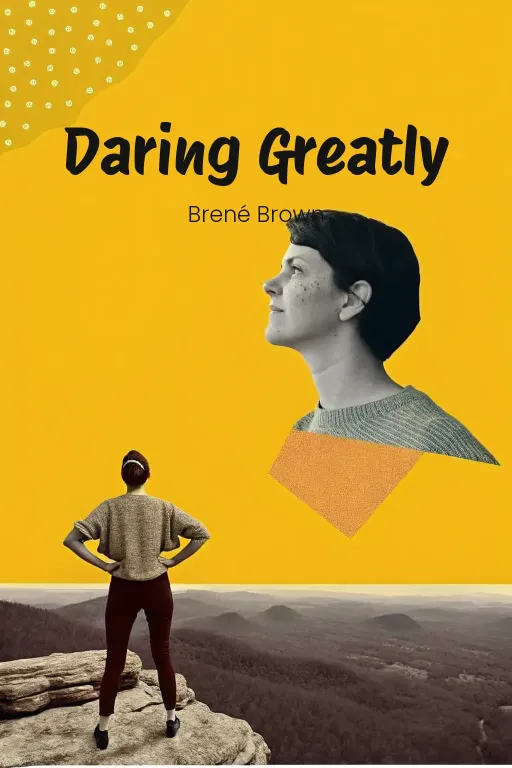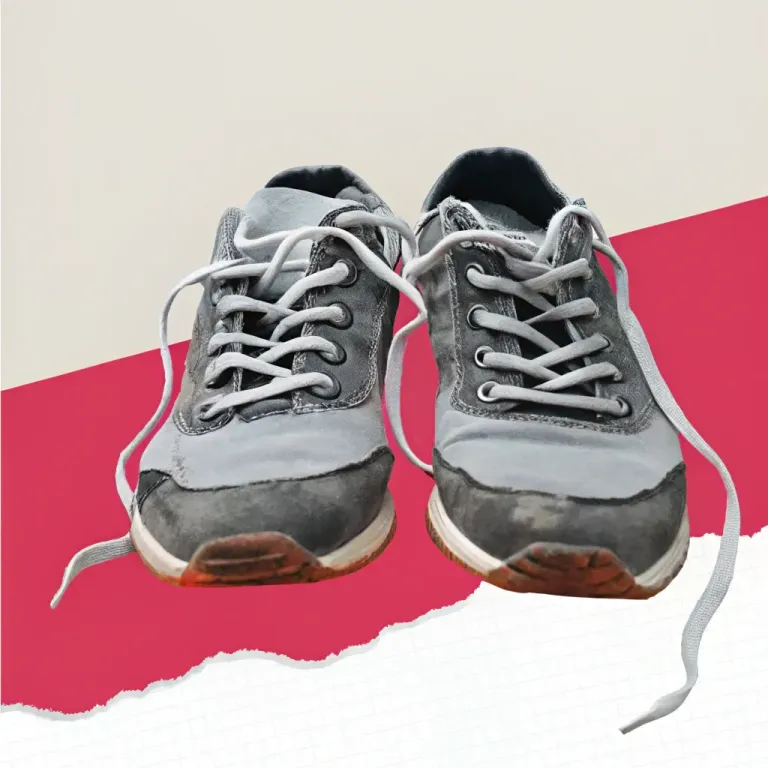
Heal Hidden Wounds: Rebuild Your Emotional Self
Podcast by The Mindful Minute with Autumn and Rachel
Overcome Your Childhood Emotional Neglect
Introduction
Part 1
Autumn: Hey everyone, and welcome! Today, we're tackling a topic that's often overlooked: childhood emotional neglect. Ever feel like outwardly, your life seems pretty good, but... something's just “off”? Rachel: Yeah, like you're going through the motions, but there's a faint sense of emptiness lurking beneath the surface. Or, you know, maybe you find yourself dismissing emotional needs – your own or other people's—as, like, an inconvenience. "Feelings? Ugh, who needs 'em?" Autumn: Precisely! We're digging into those missing pieces—those areas of emotional support that we might not have even realized we needed growing up, and how they subtly influence who we are today. Rachel: Subtly being the operative word, right? No major drama, no huge traumas. It's like trying to diagnose a problem that you can feel and never quite see. Autumn: Exactly, which is where Dr. Jonice Webb's book, Running on Empty, becomes so insightful. It explores how this subtle emotional neglect can result in feelings of emptiness, self-doubt, relationship struggles... and, crucially, how to actually address and heal from it. Rachel: So, less about pinpointing specific "bad" events, and more about identifying the absence of vital emotional nourishment? Autumn: Exactly. It's not about finger-pointing or dwelling on the past, but more about understanding patterns and breaking those cycles. Rachel: Okay, so what's on the agenda for today? Autumn: We're going to explore three key things. First, we'll discuss the truly invisible nature of emotional neglect and how it can go virtually unnoticed, with detrimental impacts. Then, we'll unpack the signs that show up in adulthood, like those cracks in a foundation you never knew was unstable. And finally, we’ll explore the tools to rebuild the emotional resilience you need to feel complete. Rachel: So we’re essentially shining a light on a blind spot—something that could be affecting a lot of people without them even realizing it. Autumn: Absolutely; the goal is to transform awareness into actionable strategies for healing. So, let’s get started!
Understanding Childhood Emotional Neglect
Part 2
Autumn: Okay, let's dive in. What exactly “is” childhood emotional neglect, or CEN? It's not like physical neglect, where a kid's basic needs aren't met. Emotional neglect is about what didn't happen. It's when parents or caregivers just consistently fail to notice, validate, or properly respond to a child's emotional needs. Rachel: Right, so it's not some big dramatic event, or any obvious signs. It's more of a gradual thing, isn't it? Like, uh, emotional potholes that no one bothers to fix, and you just keep driving over them. Autumn: That's a great way to put it! And it's so easy to miss because it often happens in families where everything “looks” fine. Parents are providing food, clothes, education—all the visible stuff. But if they don't ask, "Hey, how are you feeling?" or offer comfort when a kid's upset, that emotional gap can quietly take root. Rachel: Okay, but let me push back a little here. Isn't it normal for parents to miss some emotional cues? I mean, nobody's perfect, right? No one can be perfectly in tune all the time. Autumn: Absolutely, Rachel. No parent is or should be perfect. The difference is in the pattern. Emotional neglect becomes an issue when it's consistent — when a child's feelings are repeatedly ignored or minimized. Let's take Zeke from the book again, the third-grader. Rachel: Ah, Zeke. Let me guess, he's the kind of kid who's always getting into trouble, but no one stops to ask why? Autumn: Pretty much. Say Zeke comes home one day, really frustrated after a bad day at school. Naturally, he looks to his mom for reassurance, for her to say, "That sounds tough. Let's talk about it." Instead, she brushes him off – maybe she's busy, or she just doesn't know how to connect emotionally. Rachel: So, from Zeke's point of view, it's like, "Okay, I guess my feelings don't matter. Guess I will bottle them up!" Autumn: Exactly. And those moments pile up over time. Zeke learns that expressing emotions is either pointless or, even worse, shameful. Fast forward to adulthood, and he might struggle with intimacy, avoid negative emotions, or feel empty inside, even if everything looks great on the surface. Rachel: Okay, that sounds pretty rough. But let's talk about why. Why do parents brush kids off like that? It can't all be bad intentions, can it? Autumn: Definitely not. Most parents are just doing their best with what they know. And often, they were raised the same way—by parents who didn't show emotional openness. Plus, social and cultural norms can play a big part here. Rachel: You mean like the whole "stiff upper lip" or "don't air your dirty laundry" kind of mentality? Autumn: Exactly. Take a family where achievements are the top priority, for instance. A child brings home a report card full of A's, really excited to share it, right? The parent praises the grades, but says nothing about how the child felt. It's all about the end result, not the emotional journey. Rachel: So the takeaway then for the kid is, "I'm valuable for what I do, not how I feel." Autumn: Spot on. And over time, that creates a disconnect. The child learns to suppress or ignore their emotions because they were never really acknowledged as important when they were growing up. And that leads us to the telltale signs of CEN in adults. Rachel: Let me take a stab at this. Is it difficulty identifying what you're feeling? I've definitely heard people say things like, "I don't even know what I'm feeling – I just know something's off." Autumn: Yes! That's a big one. Struggling to name or articulate your feelings – what psychologists call alexithymia – that's pretty common for people who've experienced emotional neglect. Other signs include feeling chronically empty, being overly self-critical, and isolating yourself emotionally. Rachel: Sounds like the classic "high-achieving but secretly miserable" type. Autumn: It can be exactly that. Think about it, people often try to fill that inner emptiness by overworking, or trying to be perfect, or throwing themselves into relationships—anything to fill the void. But it's never a fix, because the root problem hasn't been addressed. Rachel: Okay, but here's a practical question. If this emotional neglect can be so subtle—like you said, even in stable households—how do people even know they've experienced it? Autumn: Well, it starts with awareness. Webb suggests taking a look at your own emotional habits – do you often dismiss your feelings? Do you avoid depending on others because it feels "too needy"? And parents can do some internal reflection too. Ask, "Did I acknowledge my child's emotions today? Did I validate their feelings, even if it was inconvenient?" Rachel: And what happens if the answer is no? Like, if a parent realizes, "Wow, maybe I've been missing this…" Autumn: The good news is? It's truly never too late. Dr. Webb talks about tools to build emotional awareness, like journaling to track your feelings, or practicing mindfulness to just sit with and understand your emotions. It's about reparenting yourself and, if you're a parent, it’s about creating an open dialogue with your own children. Rachel: Reparenting yourself. That's... a huge concept. Trying to give yourself, as an adult, the support you didn't get as a kid? That sounds both empowering and kind of overwhelming. Autumn: It can be, which is why it's so important to start small. So, instead of dismissing a difficult emotion, you can try naming it – "I feel anxious because I'm overwhelmed at work," for instance. That simple act of recognition is a step forward in breaking the cycle. Rachel: So, it's like, rewiring how you think about and handle emotions, bit by bit. Calling it out instead of letting it fester. That makes sense. Autumn: Exactly. And over time, those small changes add up, helping you reconnect with your emotions and heal from the effects of neglect.
Signs and Symptoms in Adulthood
Part 3
Autumn: Okay, so we've established what emotional neglect “is” and how far-reaching it can be. Let's dive into how it manifests in adulthood. Because, honestly, if childhood emotional neglect is this invisible force, how do you even begin to recognize its effects later in life? Rachel: Exactly! Where do you even start looking for the fingerprints of something that's designed to be overlooked? Autumn: Right, so we're talking about the signs and symptoms in adulthood. This is where that invisible force starts to leave very tangible traces. We're talking about things like emotional struggles, how you relate to others, and even the stories you tell yourself – all traceable back to those unmet needs. Rachel: So, you're saying someone could be seemingly doing well in life, but secretly carrying these significant emotional gaps? Autumn: Precisely. Think of it like hairline cracks in a building's foundation. They might not cause immediate collapse, but over time, they subtly destabilize the structure. And one of the first cracks is this pervasive, kind of vague feeling of emptiness. Rachel: Right, that classic "something just feels... off, but I can't quite pinpoint it" feeling? Autumn: Yeah, that's often coupled with a real difficulty in naming or even “recognizing” your own emotions. That's where alexithymia comes into play—the struggle to identify and express what you're feeling. It's not just simple confusion; for many adults who experienced emotional neglect, it's like they lack an entire emotional vocabulary. Rachel: Right. But what does that actually “look” like in the real world? I mean, people aren't exactly walking around with a sign that says, "Warning: Emotionally Unavailable." Autumn: Think of someone like David, the successful businessman from the book. From the outside, he seems to have it all – impressive career, ticking all the boxes that society equates with success. But internally? He feels... well, “nothing”. He told his therapist, "I have everything I'm supposed to want, but it feels completely meaningless." Rachel: Ah, so the classic "on paper, it's perfect, but in reality, it's hollow" scenario. The gap between expectation and reality. Autumn: Exactly. And when his therapist explored David's past, a very clear pattern emerged – parents who taught him to dismiss emotions as weaknesses. David internalized this idea that achievement equaled self-worth, so he effectively buried his feelings under layers of hard work. Rachel: You’d think that external success would fill whatever internal void. Autumn: But unfortunately, lasting fulfillment doesn’t come from external validation. Without that key emotional validation, adults continue to seek external fulfillment regardless which in turn, makes them feel more empty. Rachel: All right, so we've got the feeling of emptiness. What else should we be looking out for? Autumn: Another big aspect is poor self-discipline. Adults who experienced emotional neglect often lack the coping mechanisms that come from having their emotions validated as children. Rachel: Wait a minute—how does a parent acknowledging your feelings lead to “self-discipline”? That feels like a bit of a jump. Autumn: Great question. When a parent helps a child process their emotions—for example, comforting them after a disappointment—it teaches the child resilience. It's like creating emotional scaffolding. Without that support, adults can really struggle to manage setbacks or regulate stress. Rachel: So, instead of handling something like, say, missing a deadline with "Okay, I’ll regroup and figure out what happened," it becomes "I missed a deadline; I must be a total failure." Autumn: Exactly. And this can manifest as procrastination, avoidance, or feeling completely paralyzed when faced with challenges. Their underlying belief becomes, "I don’t have the emotional tools to deal with this, so I’ll just avoid it altogether." Rachel: Makes sense. So, what about relationships? Emotional neglect has “got” to wreak havoc there, right? Autumn: Oh, absolutely. Difficulty forming deep emotional connections is a key symptom. Adults with CEN often guard themselves against vulnerability because they were never taught that sharing emotions is safe. Rachel: So, they're constantly walking around with their emotional shields up. Autumn: And it goes beyond just being guarded. Take Noelle, another case from the book. On the surface, she's charismatic, someone you'd describe as caring and approachable. But inside, she really struggles with self-compassion. Rachel: Let me guess – another classic case of childhood dynamics shaping adult behavior? Autumn: Exactly. Noelle's parents praised her achievements but dismissed her emotions, especially when she struggled. So, as an adult, she's incredibly tough on herself, striving to meet these impossibly high standards. In friendships, she's always the one offering support but avoids showing her own vulnerabilities, fearing she'll look weak. Rachel: That's such an interesting contradiction – being the supportive friend while secretly feeling emotionally cut off. What impact does that have on those friendships? Autumn: They often falter. Friends can sense that emotional distance and feel shut out, even if it’s unintentional on Noelle’s part; it’s just a coping mechanism she developed to survive. Rachel: Okay, so we've got emotional barriers, feelings of emptiness, and poor discipline. What's the common thread that ties all of this together? Autumn: Guilt, shame, and self-blame. Many adults who experienced emotional neglect internalize the belief that their feelings don't matter or, even worse, that they're a burden to others. Rachel: Sounds like a recipe for some serious self-doubt. Autumn: Absolutely. Take Josh, for instance, who grew up hearing "Real men don't cry." He learned to suppress emotions like sadness or uncertainty. Now, as an adult, he avoids vulnerability for fear of appearing weak – or worse, needy. He pulls away in relationships when things get emotional, leaving him feeling isolated and disconnected. Rachel: And here's the irony, right? Avoiding vulnerability to “appear” strong actually makes you weaker in relationships. It's like shutting off a vital part of yourself that people naturally want to connect with. Autumn: Exactly. But the good thing is that there “are” actionable ways to improve yourself. Rachel: All right, what are we talking about here then – self-help books, meditation retreats, what? Autumn: It can start simply with journaling. Writing down your daily emotions—even if it's just one word—can help you reconnect with your feelings and start recognizing the emotional neglect that occurred. Rachel: Okay. But for someone who struggles to identify their emotions, isn’t that like trying to paint a picture without even knowing what each color looks like? Autumn: That's why using emotional word lists can be so helpful. You can begin with basic emotions—like happy, sad, or anxious—and then go deeper into more nuanced terms. Rachel: And what about relationships? How would one begin to rebuild trust? Autumn: Start small. In a relationship with someone you feel safe with, confide to them a fear, or a moment of joy. Learn bit by bit that showing emotions towards people can instead of lead to rejection, lead to acceptance and better relationships. Rachel: And therapy would also be helpful here? Autumn: Absolutely. A therapist can also help the affected individual with self-blame and replace it with compassion. They can also help suppressed emotions with mindfulness techniques. The therapist can help rebuild a better scaffolding for these individuals. Rachel: All right, so we’re talking foundational work—journals, emotion word lists, trust-building. A complete emotional rehab for adults. Autumn: Precisely. With consistent effort, these tools can help individuals heal from emotional neglect and create authentic connections with themselves and others.
Breaking the Cycle and Healing
Part 4
Autumn: So, recognizing these signs is “really” the first step towards healing . That brings us to practical strategies for recovery and breaking that cycle of neglect . This is where we shift gears, right? We take all this awareness and figure out, "Okay, now what?" Let's talk about personal growth and actionable steps people can take to rebuild their emotional foundation, starting with self-care . Rachel: Self-care, huh? That phrase gets thrown around quite a bit these days . I'm guessing, Autumn, this is more than just bubble baths and yoga classes? Autumn: Definitely! For individuals impacted by childhood emotional neglect, self-care is about almost rewiring how they see their own worth . Remember, a lot of these individuals grew up in environments where their needs—their emotions—weren't “really” prioritized . And as adults, they internalize this belief that their well-being isn't important . The idea of carving out that time for themselves can feel unnatural, even selfish . Rachel: So, you're talking about those people who can't sit still without feeling guilty, right? Like, God forbid they pause for five minutes without doing something for somebody else . Autumn: Exactly . Take Samantha, a working mom of two from the book, for example . Her whole life was about taking care of others, non-stop . She didn’t “really” stop to think about herself until she hit a breaking point—feeling completely drained and disconnected . Her therapist suggested starting small—15 minutes a day just for her . That could mean sipping tea, journaling, or even a short walk . It sounds almost too simple, right? Rachel: Yeah, it's like, "What's a cup of tea going to do when my calendar is a complete war zone?" Autumn: Exactly, but that's the point . Self-care doesn't have to be grand gestures . It's more about building a habit of telling yourself, "I matter" . And for Samantha, those 15 minutes turned into a key part of her day . Over time, she felt more energized . She set stronger boundaries, and even became a better parent because she wasn’t pouring from an empty cup anymore . Rachel: Huh . So, it's not about overhauling your whole life at once, but making small, consistent deposits into your emotional bank account, so to speak . Autumn: Exactly! And once you start prioritizing yourself in small, tangible ways, it's easier to address the deeper work, like building emotional awareness . Rachel: Now that sounds like a can of worms . For someone who's spent their whole life avoiding emotions or just not even knowing what they feel, where do they even start? Autumn: Well, it's like learning a new language . Let me introduce you to emotional labeling . This is a practice that Dr. Webb suggests for people who struggle to identify their feelings . Throughout the day, you pause and ask yourself, "What am I feeling right now?" Then you name it, using a word from a feelings list, if needed . The key is being as specific as possible . Rachel: Oh yeah, because saying, "I feel bad," doesn't actually tell you anything . It’s like trying to diagnose a car problem by saying, "It's making a weird sound" . Autumn: Exactly! Instead of, "I feel bad," you might narrow it down to, "I feel disappointed because my friend canceled our plans" . By naming your feelings with precision, you're also naming their root cause . That clarity is empowering . It helps you process emotions instead of just pushing them aside . Rachel: Okay, so I can see the logic there—pinpoint the feeling, figure out the why . Let me guess: sharing those emotions is step two? Autumn: Right on . This is where emotional connection comes in . Take Greg, a 38-year-old engineer in the book . He was successful and outgoing on the surface, but he felt isolated and guarded in his relationships, because, growing up, vulnerability was practically taboo in his family . Rachel: So, he learned to play it safe—like, keep it light, don't let anyone see what's “really” going on under the hood? Autumn: Exactly . His therapist encouraged him to take baby steps—share something small, like mentioning a tough day at work to a close friend . At first, Greg worried about being judged or dismissed, but when his friends responded with warmth and their own stories, it changed everything . It turns out that opening up didn't weaken his relationships; it strengthened them . Rachel: So, one tiny leap of faith at a time, he reinforced this idea that letting people in isn't a liability . That's got to be a game-changer for someone who's spent decades building walls . Autumn: It “really” is . And it ties perfectly into the next piece—self-compassion . For many adults with emotional neglect, the inner voice they developed as kids wasn't kind or supportive . It was critical, harsh, telling them they're not enough . Rachel: Let me guess—this is the voice that kicks in when you make even a tiny mistake . Like, "Oh, you forgot to call your aunt back? Congratulations, you're a horrible person!" Autumn: Exactly . Sarah, a teacher in the book, struggled with this . Anytime something went wrong, she spiraled into self-criticism . Her therapist introduced reparenting, a process of giving yourself the emotional validation you missed as a child . Sarah was asked to imagine how she'd comfort a friend in her situation . That shift helped her talk to herself with kindness for the first time . Rachel: So, she went from saying, "You're a failure," to something like, "Hey, mistakes happen, it's okay to feel disappointed, but you’re trying your best" . That's a big shift in mindset! Autumn: And over time, those small acts of self-kindness can rewrite those old narratives of self-blame . Tools like positive affirmations—writing things like "I'm worthy of love and forgiveness"—help reinforce this new way of thinking . Rachel: Alright, I can see how that applies to personal growth . But what about when kids enter the picture? I mean, if someone's carrying all this emotional baggage, how do they make sure they're not passing it down? Autumn: Right, that's the fourth piece, ending the cycle through attuned parenting . It's about becoming aware of your own emotional patterns so you can consciously create a different experience for your kids . Instead of dismissing their emotions, you validate them . Rachel: Like if your kid comes home upset about losing a soccer match, you don't say, "Whatever, it's just a game" . You say, "I know how much that meant to you, and it's tough to lose" . It's giving their feelings air to breathe, right? Autumn: Exactly . That's what Thomas, the new dad from the book, had to learn . His own parents avoided emotional conversations, so when his daughter Ava had a tantrum one day, his first instinct was to say, "Calm down, it's not a big deal" . But he stopped himself and instead said, "It's okay to feel upset . I'm here if you want to talk about it" . That small change made a huge difference . Ava calmed down quickly and felt supported, not dismissed . Rachel: So attuned parenting is “really” about unlearning your own defaults and tuning in to what your kid needs emotionally, even when it feels foreign or awkward . Autumn: Exactly . And it's a skill anyone can develop with intention . It's about progress, not perfection . By healing yourself and validating your child's emotions, you're breaking that cycle of neglect and creating a new legacy of empathy and connection .
Conclusion
Part 5
Autumn: Okay, so today we really dug into childhood emotional neglect, right? I mean, it's amazing how these unmet emotional needs from way back can have such a profound impact, quietly leading to feelings of emptiness, self-doubt, and disconnection later in life. We talked about some of the telltale signs that often fly under the radar, like struggling to understand your own feelings, lacking self-discipline, and having a tough time with relationships. And, crucially, we shared some actionable tools for healing—things like building emotional awareness, practicing self-compassion, almost like re-parenting yourself, and fostering really attuned parenting to help break that cycle. Rachel: Wow, yeah, that was a real eye-opener, wasn't it? I mean, it's incredible how something so subtle, so easily missed, can ripple through someone’s entire life. But you know, I think the biggest thing for me is that this isn’t about pointing fingers or assigning blame. It's really about becoming more aware. Whether it's learning to actually name your feelings – which is harder than it sounds – or opening up and sharing a part of yourself with someone else, or even just giving yourself the kindness you maybe didn't receive... every little bit makes a difference. Autumn: Exactly. And you know, for all the hurdles that emotional neglect throws our way, the potential for personal growth is seriously powerful. Healing isn’t about some overnight transformation; it’s about showing up for yourself, moment by moment. Because you deserve that. Rachel: So, here's the big takeaway, right? Pay attention. To yourself, to the people around you, to those moments where emotions might just slip by without us noticing them. Because once we start to notice, well, that's when we can “really” start to heal. And that’s the real power of, you know, really running on more than just fumes.



